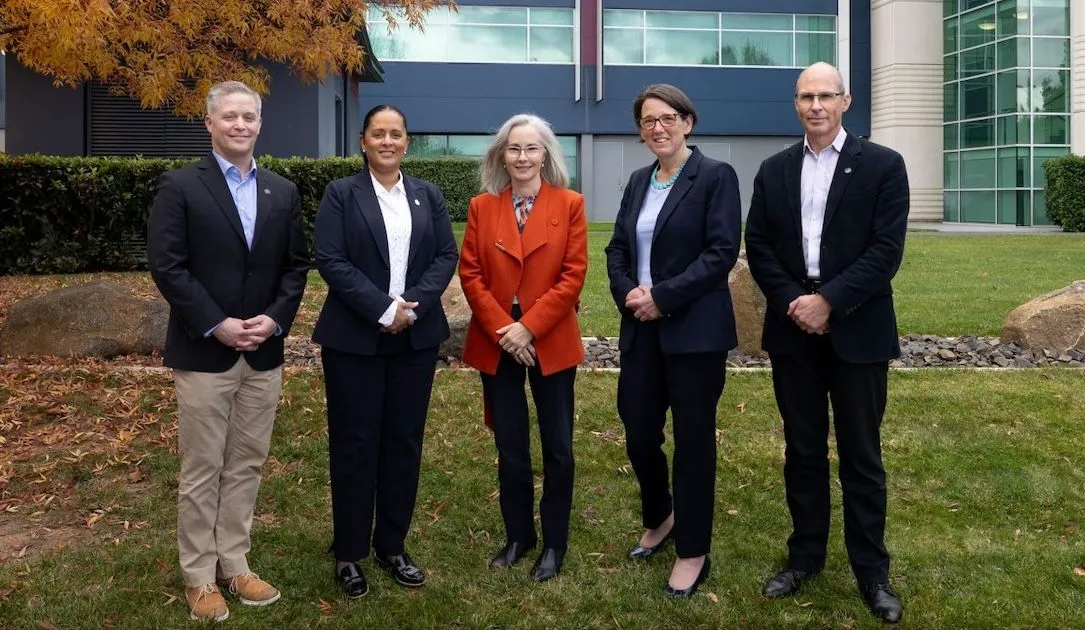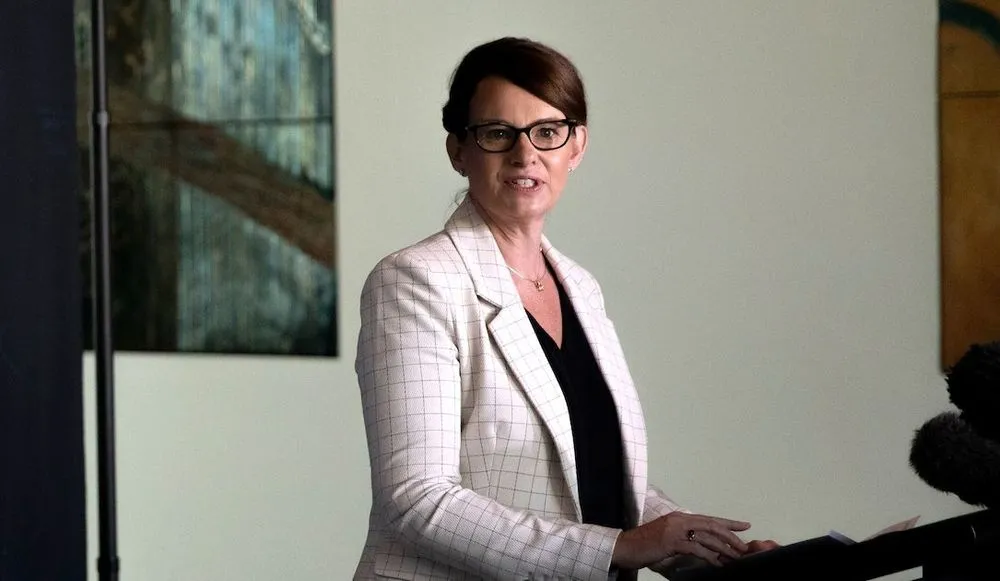Abigail Bradshaw picked as new head of Australia’s cyber intelligence agency
The Australian government has selected Abigail Bradshaw to be the new head of the country’s cyber intelligence agency, the Australian Signals Directorate (ASD), amid a period of major investment in the agency’s capabilities.
Bradshaw, currently the chief of the Australian Cyber Security Centre (ACSC), previously held roles in the Royal Australian Navy and across the Australian government. In a statement on Monday, Anthony Albanese, the Australian prime minister, congratulated Bradshaw on the appointment and described her role as “critically important” at “a time of increasingly complex geostrategic challenges.”
Bradshaw described her new position as “an absolute privilege” and pledged the ASD’s focus would “remain steadfast on continuing our proud history” of supporting the Australian military alongside “collecting foreign signals intelligence, conducting cyber offensive operations and protecting Australians from cyber threats.”
She will become the second woman to lead the ASD, succeeding Rachel Noble who had helmed the agency since February 2020. Noble was the first woman to lead any of the agencies that form the Five Eyes intelligence alliance. During her term, she was joined by Anne Keast-Butler at Britain’s GCHQ, and by Caroline Xavier at Canada’s Communications Security Establishment.
Albanese thanked Noble for leading "ASD with distinction over almost five years."

From left, in May 2024: U.S. NSA Director Gen. Timothy Haugh; Canadian Communications Security Establishment Chief Caroline Xavier; Australian Signals Directorate Director-General Rachel Noble; U.K. GCHQ Director Anne Keast-Butler; and New Zealand Government Communications Security Bureau Director General Andrew Clark. Image: GCHQ / X
Bradshaw takes the top room at the ASD’s premises in Canberra at a moment when Australia faces a range of security challenges from hostile and competitive states as well as financially-motivated criminals.
Her appointment follows a warning earlier this year from her colleague Mike Burgess, the head of the domestically-focused Australian Security Intelligence Organisation (ASIO), that more Australians are “being targeted for espionage and foreign interference than ever before.”
In recent years cybersecurity has shot up the political agenda in Australia, spurred by a series of high-profile cyberattacks against private businesses, including those affecting Optus, Medibank and MediSecure.
Alongside other high-profile breaches, these set off a range of cybersecurity reforms in Australia. Bradshaw contributed to those efforts while at the ACSC, including an updated national cybersecurity strategy.
While the updated strategy ultimately fell short of the government’s initial intentions to ban ransomware payments — an intention that several governments have struggled to carry through — it followed the government committing to the REDSPICE program, an investment of around AUS $9.9 billion ($6.72 billion) into the Australian Signals Directorate by 2031.
Richard Marles, Australia’s deputy prime minister and minister for Defence, thanked Noble “for her leadership and foresight, which has seen ASD significantly expand its cyber and intelligence capabilities over recent years, including under the REDSPICE program, and I wish her well into the future.”
Marles added that Bradshaw’s “experience in cyber, national security, crisis management and incident response uniquely equips her to lead the Australian Signals Directorate as it continues to defend Australia against global threats and advance our nation's interests.”
Alexander Martin
is the UK Editor for Recorded Future News. He was previously a technology reporter for Sky News and a fellow at the European Cyber Conflict Research Initiative, now Virtual Routes. He can be reached securely using Signal on: AlexanderMartin.79



